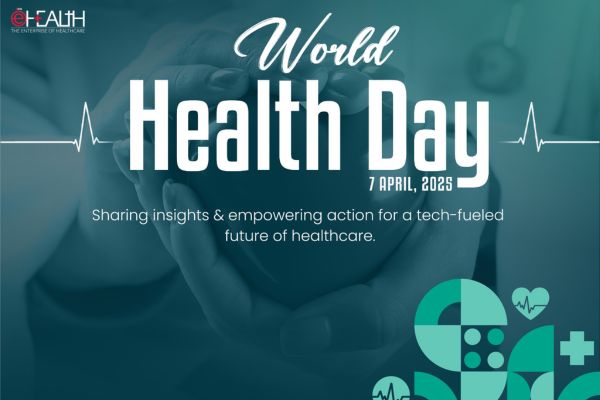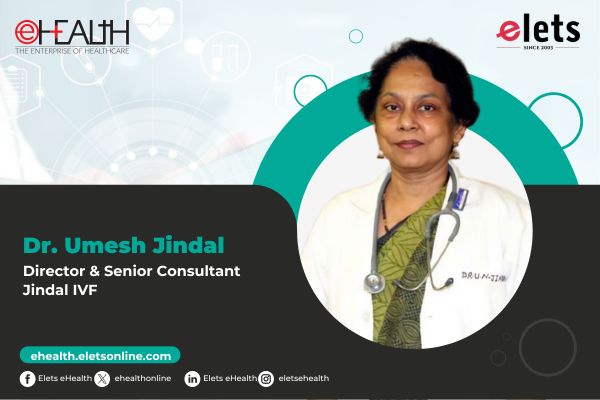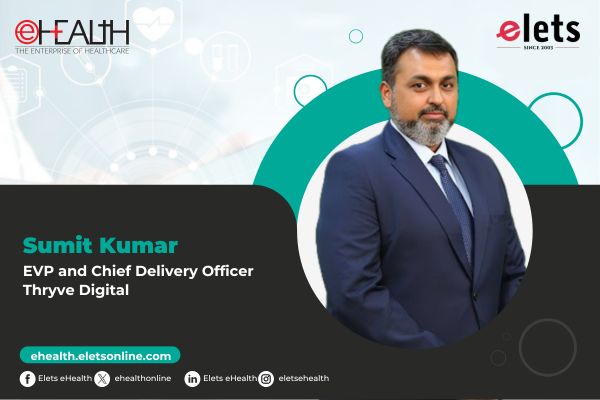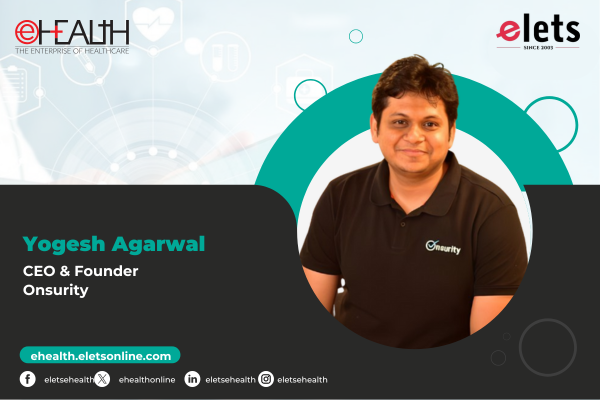
In a nation undergoing rapid digital transformation, the flow of information, while offering immense opportunities, also presents significant challenges, particularly in the realm of health. The Healthy Indian Project (THIP) stands as a beacon of evidence-based health information and a formidable force in India’s fact-checking ecosystem. Winner of multiple accolades, this social enterprise collaborates closely with medical professionals to champion health literacy and combat the pervasive issue of health misinformation.
On World Health Day, Dr. Asawari Savant, from Elets News Network (ENN), had the privilege of speaking with Ankita Srivastava, the dynamic General Manager (Growth) at THIP, to delve deeper into the impact of misinformation, the critical need for health literacy, and THIP’s ambitious plans for the future. Edited excerpts

The Tangible Threat of Misinformation and Low Health Literacy

Ankita Srivastava minced no words when describing the consequences of unchecked misinformation and low health literacy in India. “The consequences are severe,” she stated emphatically. “Low health literacy leads to misinformation spreading unchecked, resulting in poor health choices, delayed medical intervention, and increased vulnerability to quack treatments. In India, where digital penetration is high but critical thinking around health information is low, misinformation can have life-threatening consequences.”

THIP’s core mission is to bridge this critical gap by meticulously fact-checking viral health claims and disseminating credible health content in an easily understandable format. Their work acts as a vital shield, protecting the public from potentially harmful falsehoods.

Beyond Fact-Checking: Cultivating Health Literacy
While fact-checking remains a cornerstone of THIP’s work, their commitment to public health extends far beyond simply debunking myths. Srivastava highlighted several key initiatives aimed at proactively improving health literacy across diverse demographics.
“We are constantly expanding our initiatives,” she explained. “Our WhatsApp chatbot, RAKSHA, provides instant evidence-based answers to health queries. We also run WhatsApp support groups for conditions like diabetes, PCOS, and obesity, where members can access peer support and expert guidance.”
Looking ahead, THIP is poised to launch THIP Academy, offering structured online courses designed to empower individuals with the knowledge needed to navigate complex medical decisions with confidence.
Tailoring the Message: Reaching Diverse Audiences
Recognizing that health information consumption varies significantly across different population groups, THIP adopts a nuanced and platform-agnostic approach. “We recognize that different populations consume and process health information differently,” Srivastava noted. “For instance, young parents need simplified, reassurance-based health content, while elderly individuals may need in-depth yet accessible information about vaccinations or chronic disease management.”
THIP’s commitment to accessibility is evident in their use of regional languages, engaging video content, and interactive quizzes, ensuring their message resonates with a wide spectrum of the Indian population. Their focus on impact over pageviews underscores their dedication to genuine public service.
Navigating the Generative AI Landscape
The rapid evolution of Generative AI presents both opportunities and challenges for organizations like THIP. Srivastava acknowledged the disruptive potential of this technology. “Undoubtedly, Gen AI has disrupted a lot of things including how content is produced and consumed. And I believe we are only seeing a tip of the iceberg at the moment.”
While acknowledging the potential risks, particularly in a low digital literacy environment, Srivastava also expressed optimism. “As of now, we should celebrate the potential of the technology. It will make life a lot easier in the newsrooms. I am sure going forward, there will be specialised chatbots built with this technology trained on specialised datasets. In fact THIP is already participating in a few such projects to help people build credible health chatbots.”
Also Read :- Narayana Health Unveils Aarogyam: Fast-Track Preventive Screening for Busy Professionals
The Power of Collaboration: Driving Systemic Change
THIP understands that tackling the complex issue of health misinformation requires a collaborative effort. Srivastava emphasized the importance of partnerships. “Absolutely. We collaborate with organizations like WHO’s Vaccine Safety Net, platforms like WhatsApp and Facebook to curb misinformation, and medical institutions to ensure our content is reviewed by experts. Public-private partnerships are essential to creating a robust ecosystem where credible health information is easily accessible to all.”
Health Literacy: A Cornerstone in the Fight Against NCDs
With non-communicable diseases (NCDs) accounting for a significant proportion of deaths in India, health literacy emerges as a crucial tool for prevention and management. Srivastava eloquently explained its importance. “Health literacy helps individuals recognize early warning signs, understand dietary labels, manage medications, and seek timely medical help. And, it need not be a very complex thing. For instance, someone who knows the difference between simple and complex carbohydrates is more likely to manage or prevent diabetes effectively. Without that basic literacy, people rely on hearsay or unverified information, which worsens their condition.”
THIP is actively developing dedicated online learning modules for key NCDs, delivered in regional languages and reviewed by medical experts. They also plan to enhance their chatbot’s capabilities to provide personalized NCD guidance, with a long-term vision of integrating health literacy education into primary care settings.
A Call to Action on World Health Day
As World Health Day dawns, Ankita Srivastava’s message is clear and empowering: “My message is simple—question, verify, and educate. In the digital age, where misinformation spreads rapidly, every individual has a role to play in ensuring health literacy. Seek information from credible sources, challenge misinformation, and most importantly, empower yourself and others with knowledge. At THIP, we believe when you know better, you live better.”
The Healthy Indian Project’s unwavering commitment to truth and health literacy serves as an inspiring example of how dedicated efforts can make a tangible difference in safeguarding public health in the digital age. Their multifaceted approach, from rigorous fact-checking to proactive educational initiatives, offers a powerful blueprint for building a healthier and more informed India.
Be a part of Elets Collaborative Initiatives. Join Us for Upcoming Events and explore business opportunities. Like us on Facebook , connect with us on LinkedIn and follow us on Twitter , Instagram.
"Exciting news! Elets technomedia is now on WhatsApp Channels Subscribe today by clicking the link and stay updated with the latest insights!" Click here!
















